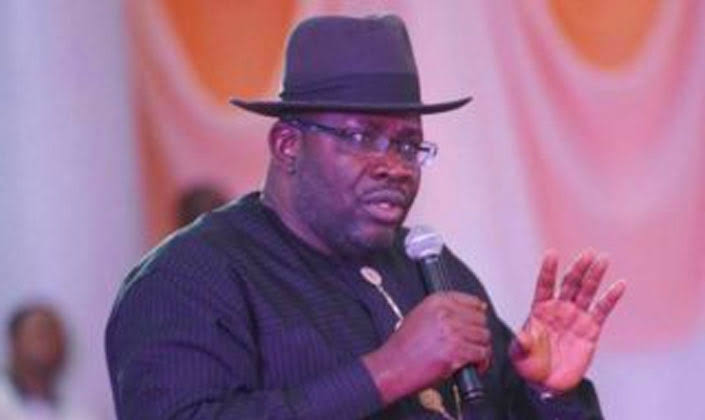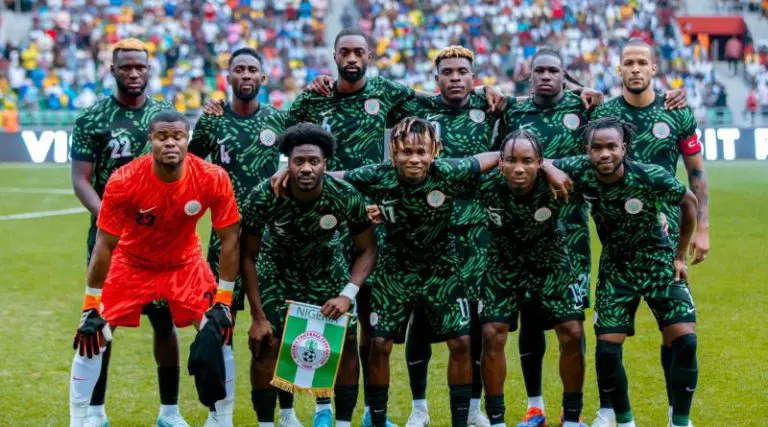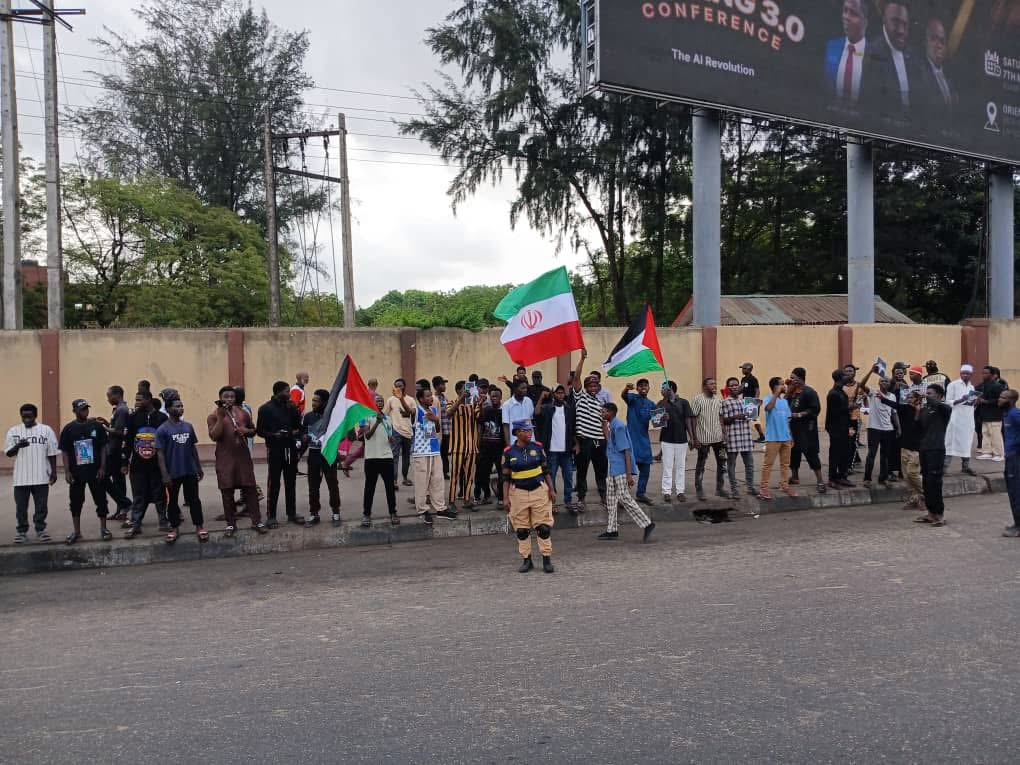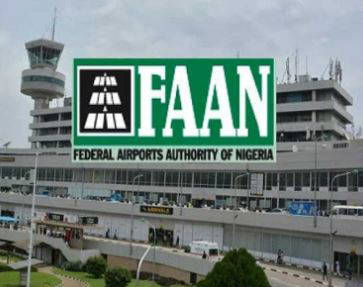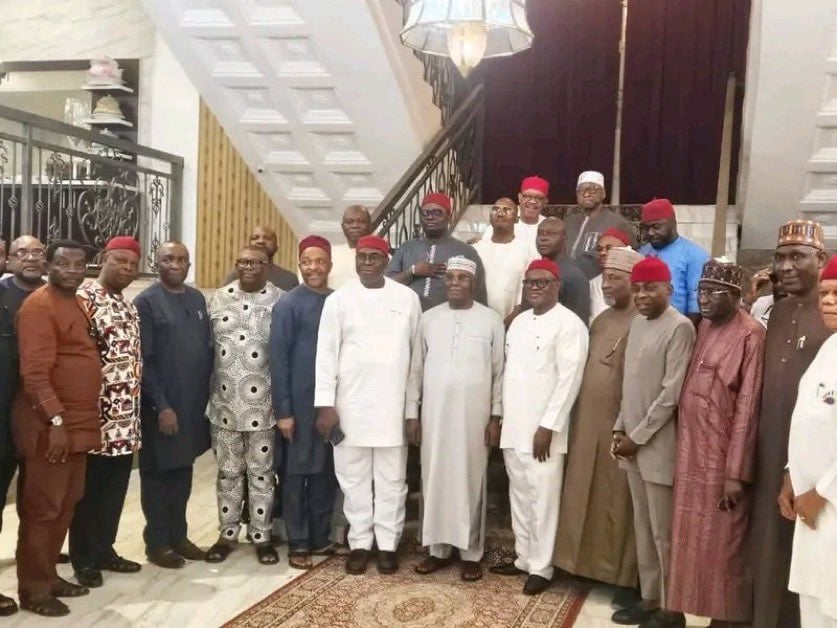Central African Republic authorities have accused a former president of an attempted coup, as a coalition of rebel groups combined against the government.
It said forces loyal to François Bozizé were near the city of Bossembélé and planned to march on the capital Bangui.
Tensions rose after Mr Bozizé’s candidacy for next week’s national elections was rejected by the country’s highest court.
The UN said on Friday it had deployed peacekeeping forces.
Rebel groups have seized several towns close to CAR’s capital, clashing with government forces and looting property, and the UN said its troops were working to prevent a blockade of Bangui.
The CAR is one of Africa’s poorest and most unstable countries even though it is rich in resources like diamonds and uranium. The UN estimates that half of the population are dependent on humanitarian assistance and up to a fifth have been displaced.
Who are the key players in this crisis?
François Bozizé, a Christian, came to power after a coup in 2003 and subsequently won two elections that were widely seen as fraudulent. He was ousted in 2013 by the Seleka – a rebel coalition drawn largely from the Muslim minority – which accused him of breaking peace agreements.
The country has since been caught in conflict between the Seleka and the so-called “anti-Balaka” self-defence forces, who are mainly Christian.
After military intervention by France, the country’s former colonial ruler, elections were held in 2016 and won by President Faustin-Archange Touadéra, who is currently seeking re-election.
But fighting among militias has continued, and the UN has blamed rebel groups for the country’s instability.
Mr Bozizé, 74, returned to the CAR in December 2019 after living in exile for six years in Benin, Cameroon and the Democratic Republic of Congo.
He announced in July he would stand in the 27 December election – a move that was seen as high-risk given the country’s lingering civil unrest but not unexpected.
But Mr Bozizé still maintains a large following, especially in the army and among the country’s largest ethnic group, the Gbaya.
But he faces UN sanctions for his alleged support of the “anti-Balaka” groups in 2013. CAR authorities have also issued an arrest warrant against him for “crimes against humanity and incitement of genocide”.
What is the threat now?
On Saturday, the three main rebel groups announced they had formed an alliance called the Coalition of Patriots for Change (CPC), and accused President Touadéra of trying to rig the upcoming election.
In a statement, the CPC invited “all other groups to join” and called on members to “scrupulously respect the integrity of the civilian population”.
As election campaigning heats up, Facebook said earlier this week it had identified rival disinformation campaigns to influence the vote – masterminded by individuals with links to the French military and prominent Russian businessman Yevgeniy Prigozhin.
Moscow has fostered close ties in recent years with the CAR. Russian military advisers are currently stationed in the country to help train government forces.
Reports by UN investigators, the US military and journalists have also documented activity in the country by the Wagner Group, a private military firm allegedly owned by Mr Prigozhin. (BBC)
Advertisement

